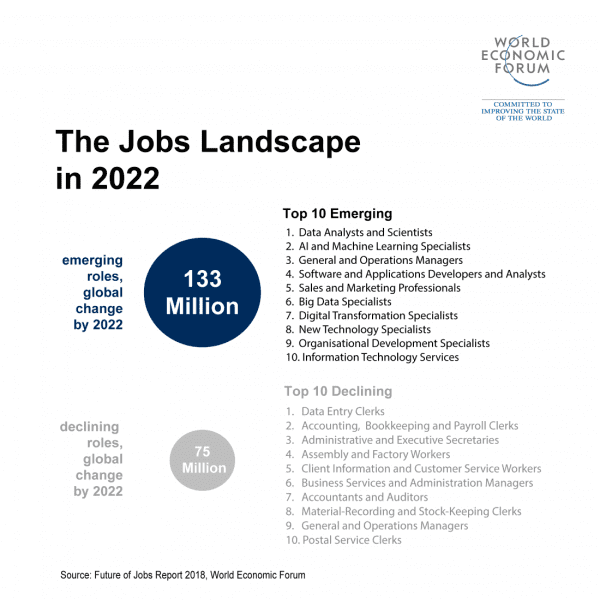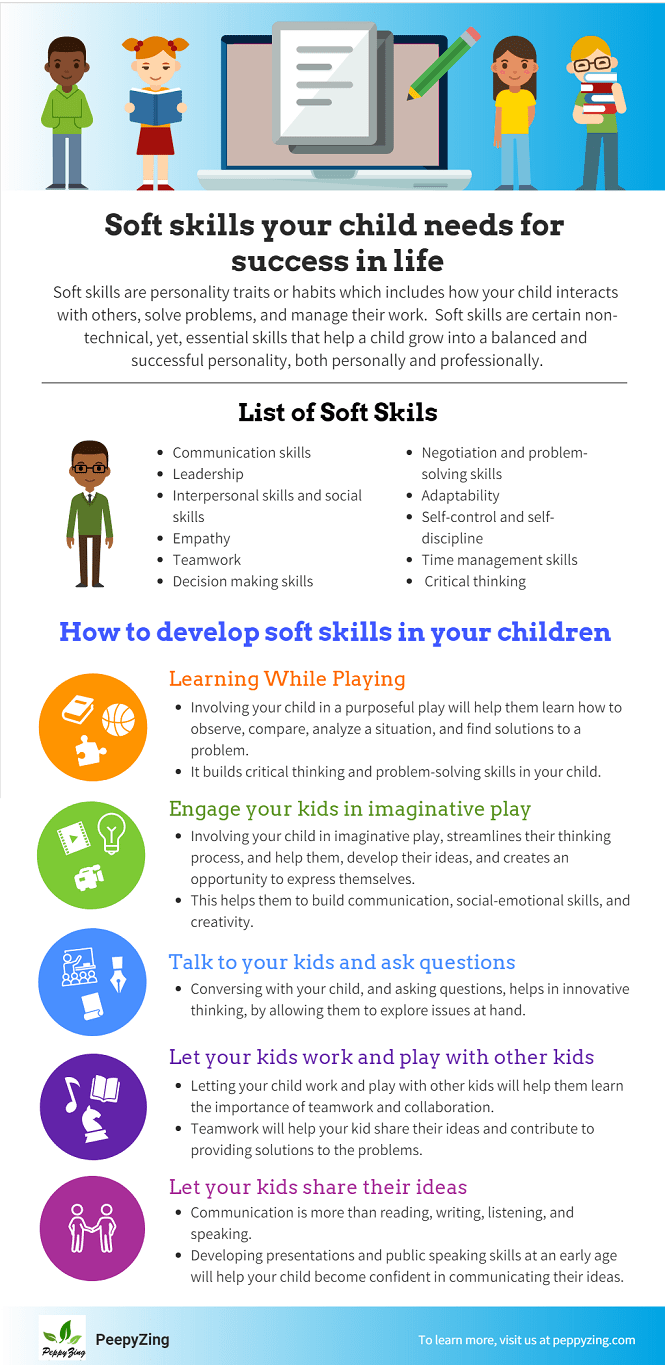
When making career decisions, your gut instincts may be a good guide. But don't ignore them. They can be very helpful in evaluating aspects of a decision based on our past experience, like assessing a person's reliability and trustworthiness. However, they don't work well for those aspects that are brand new to us.
When making career decisions, gut intuition is a great tool
If you're trying to decide which career path you want, your gut instinct may be a powerful tool. Your gut instinct may not always be accurate and not all the relevant information. If you do not take the time and research additional information to help you make better decisions, you could end up making a bad decision about accepting a job.
Gut intuition is the result of your experience. It draws both subjective and objective information. Intuition, unlike an emotional decision can be learned or developed. It takes time to take in a situation and consider possible solutions. This will allow you to apply the lessons learned to your future decisions.
Family influences on career choice-making
Family is a key factor in career decisions. This fact has been well documented and widely accepted. It can be influenced by parental values and gender perspectives as well as family dynamics. Future research might also examine the roles of grandparents and extended family members. It may be worthwhile to investigate the impact of grandparents upon children's career choices.

Family influence in career decisions has been shown to have positive effects on the overall career process. It has been proven to improve job satisfaction as well as life satisfaction. It is important to remember that there haven't been any studies showing a significant relationship between happiness and parental education. There is also no evidence to suggest that CDSE or self-efficacy are directly affected by parental education and income.
Explore career options
Career exploration allows you to look at different options and make a comparison with your criteria. This process helps you understand where you are in your career and whether or not you're happy in it. You may also find a more fulfilling career by learning new skills.
Your professional life will be filled with exploration of different career paths. While it can be frustrating at times, this process is designed to guide you to make better decisions that will ultimately lead you to a career you love. It involves evaluating your interests, personal values, technical abilities, and work-life harmony to determine the right career path.
Career outcomes expectancy
Career outcomes expectancy (COE), is a measure that measures self-efficacy in career decision-making. This measure allows students to make informed decisions about their career choices in STEM fields. Researchers have come up with different ways to measure CDSE and how it affects career decisions.
Demographic variables are one of the most popular ways to assess self-efficacy when making career decisions. This study examines the perspectives of minorities, which allows for an extensive exploration of the viewpoints of participants. To analyze the collected information, the scholars immersed themselves in the data, reading individual texts several times. Then, they developed preliminary codes based on the readings. These codes were then recorded in a comprehensive codebook. A continuous comparative process was used to refine them.

Interpersonal factors
Career choices are often made in a context that involves social interaction. The impact of family and social relationships on career decisions was examined in this study. While the results were similar across all participants, there were some differences in the degree to which friends and family influenced career decisions. Supportive environments or close to their families helped students make better career decisions.
Career decision-making is complex and can involve many domains. Gelatt’s progressive approach to decision-making provides a solid foundation for understanding the complex decisions involved. This model shows how decision-making is an ongoing activity that evolves dynamically as additional information is gathered. One example is a young learner exposed to technology during school may choose to go into technology. Adolescents can also use text and information from other sources to help them make decisions.